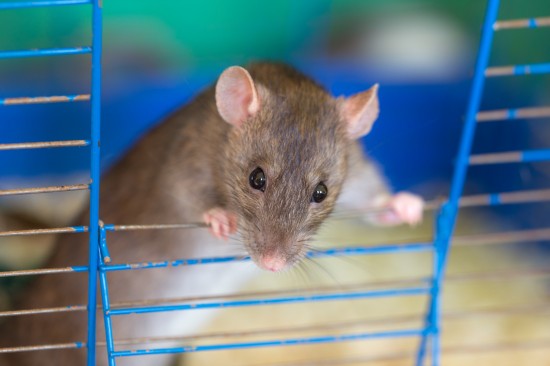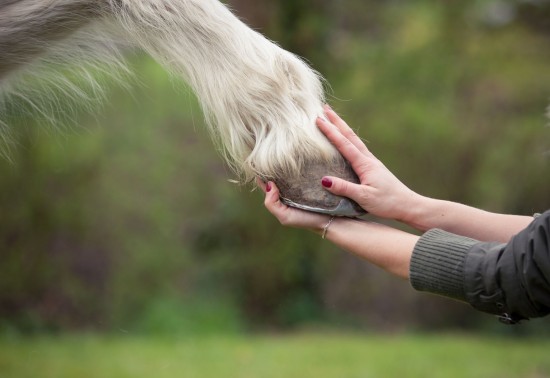The Growing Utilization Of Pets As Therapy. The addition of pets into hospital and rehabilitation environments has long been considered extremely therapeutic, and animals continue to be an important part of long term after rehabilitation is finished.
As well as filling lonely hours with companionship, pets are trained, much like the more familiar Seeing Eye dogs, to execute tasks and assist persons with disabilities in lots of different ways.
The obligation for pet care can boost intellectual functioning in manners which can be more subtle and enjoyable than traditional treatments. Fun activities usually stimulate those with low motivation in manners that are not often accomplished by sitting in front of a tv all day on end.
Pets are very good companions which help individuals feel less lonely. In addition they respond with feedback which can negate inappropriate behaviours, and interest in a animal may redirect egocentricity that may arise from frontal lobe deficits.
Choosing the pet is changed into a cognitive exercise of preparation. The choice of a animal must be enjoyable, not fraught with discord. It's vital that you start thinking about all options e.g. an enhanced setup of aquariums with pumps and filters might too complex for many.
Animals must certanly be cared for, otherwise they fail to thrive. This can be a hard training, possibly every so often also cruel the animal, but people with mind damage must learn or relearn this important fact of life.
Obviously a accountable adult should intervene if the pet's wellness or well-being is adversely impacted. When limitations as a result of the ABI are obstacles to independently taking care of a animal of choice, talk to the in-patient about strategies that may allow more freedom and determine just what duties is likely to be managed by whom so duties may be supervised. Almost everyone loves animals.
This frequently enhances social skills building for people when encountering others within the park, neighbourhoods alongside places individuals congregate with pets. Perhaps you have had the oppertunity to pass without observing or striking up a conversation with someone sitting for a park bench having colourful, exotic bird perched on his / her shoulder?
Pets are great discussion pieces. Those with serious mind injury along with other impairing conditions frequently have little control over their life. Owning a pet provides a chance for managing one or more facet of their everyday lives - their pet!
Animals also have time for sharing along with their owners and their loyalty is indisputable.Pet therapy is just a well-established routine in many hospitals, assisted living facilities and rehabilitation centres.
Anecdotal records talk about the many benefits of pets being into the existence of individuals in all phases of recovery, rehabilitation and even end-stage conditions. The comforting and calming affect of stroking a furry animal usually elicits more relaxing facial expressions and/or positions in people also considered in minimally-responsive states.
Nonverbal people generally react with contented smiles when animals are introduced in their environment. Virtually all people who have disabilities usually takes some duty the care of a animal, even though it's a maximum of a daily stroking or play session.
Dogs are generally trained to help people who have brain injury, particularly those with mobility impairments. Custom-styled saddlebags are added to the dog and used for carrying individual items, wallet, daily journal as well as other products needed by those utilizing wheelchairs and/or other assisting devices that increase flexibility.
Pets are indeed wonderful companions and can frequently influence favorably even on those for who other therapies, exercises and/or future vow for continuing recovery hold little interest.

 Persian Cats And Polycystic Kidney Disease
Persian Cats And
Persian Cats And Polycystic Kidney Disease
Persian Cats And
 Nutrition For The German Shepherd
Nutrition For The
Nutrition For The German Shepherd
Nutrition For The
 Similarities And Differences Between The Border Collie And The Australian Cattle Dog
Similarities And
Similarities And Differences Between The Border Collie And The Australian Cattle Dog
Similarities And
 Rats - Does Or Bucks?
Rats - Does Or Bu
Rats - Does Or Bucks?
Rats - Does Or Bu
 How To Make Sure Hooves Stay In Good Condition This Summer
How To Make Sure
How To Make Sure Hooves Stay In Good Condition This Summer
How To Make Sure